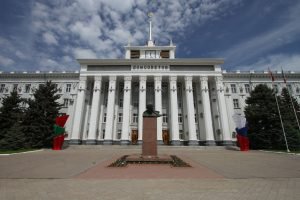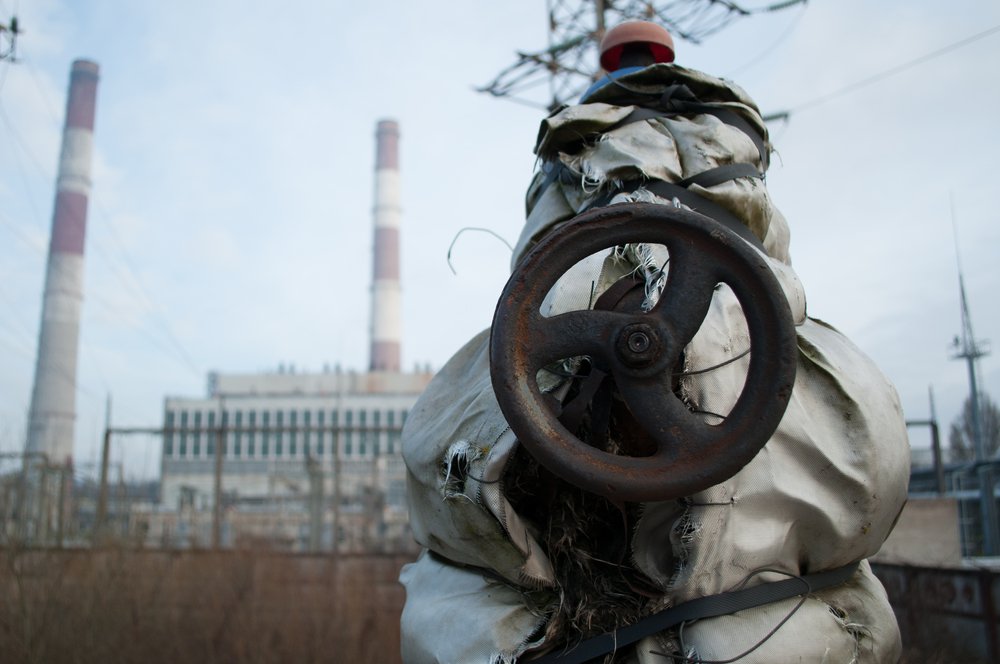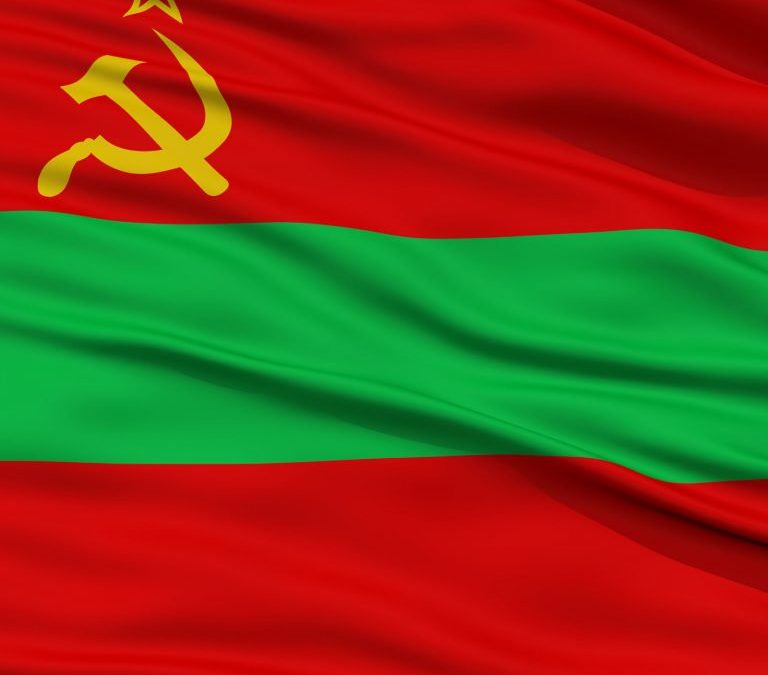Following in the footsteps of counterparts from former Soviet countries, government officials in Transnistria have attempted to create crypto-friendly environment in their disputed republic. Newly adopted legislation legalizes cryptocurrency mining and provides incentives for foreign investors. Entrepreneurs, invited to set up mining facilities, are not even required to register a local company. They can take advantage of tariff-free imports of mining equipment and unrestricted access to cheap energy.
Also read: Cryptocurrency Activities Will Be Legal and Tax Free in Belarus Starting in March
Unrecognized Republic Recognizes Unregulated Mining
 The parliament of the Pridnestrovian Moldavian Republic has just adopted a new law – “On the development of information blockchain-technologies”. Dedicated free economic zones (FEZ) will be created under its provisions. Foreign nationals and businesses dealing with crypto mining are welcome to reside and operate there without even having to register а local juridical entity.
The parliament of the Pridnestrovian Moldavian Republic has just adopted a new law – “On the development of information blockchain-technologies”. Dedicated free economic zones (FEZ) will be created under its provisions. Foreign nationals and businesses dealing with crypto mining are welcome to reside and operate there without even having to register а local juridical entity.
“We consulted people who understand the technology and came to the conclusion that we need to build the legal and technological basis. So, that’s what we did – we created the regulatory framework”, PMR’s President Vadim Krasnoselsky said, quoted by Kommersant. The head of the unrecognized republic, which borders Moldova and Ukraine, has initiated the adoption of the new legislation.
Investors will enjoy preferential treatment. Residents of the FEZ areas will be able to import mining equipment free of any tariffs. Relocating property out of the zones will also be unimpeded by government restrictions. Pridnestrovian authorities promise “maximum assistance” in regards to providing access to the local electrical grid. Special rates may be offered by “natural monopolies” like the power generating companies.

Cryptocurrency mining is energy-intensive but Transnistria has no issues with that. “We are a country that generates electricity”, President Krasnoselsky said, insisting there is plenty of surplus energy to power mining operations. A 48,000 kW hydroelectric station on the Dniester River and a Russian owned Moldavian power plant can electrify mining farms. Three thermal power stations in the capital Tiraspol can also be used. They are running on natural gas supplied by “Gazprom,” and PMR is not paying anything for the “blue fuel”. The $6 billion USD debt is billed to Kishinev because of the ongoing negotiations about the status of Transnistria within Moldova. The republic can produce even more electricity if it burns some of the gas offered by Russia to cover transit fees.
Vadim Krasnoselsky admits that authorities are targeting Russian investors who have demonstrated interest in PMR as a mining destination. One of those potential business “immigrants” is the younger son of Russia’s Prosecutor General Yury Chaika. 30-year-old Igor is a well-known Russian entrepreneur and founder of a company that provides logistical support to Russian firms entering the Chinese market. He told Kommersant that Pridnestrovian authorities had promised to provide the infrastructure for the mining facilities. Projects to invest up to $250,000 USD there have been discussed with several other Russian businessmen. The price of electricity will play a key role when choosing between Transnistria, Moldova and Russia, Igor Chaika said.

Cheap Power and Clever Incentives Attract Miners to the Former USSR
By adopting a crypto friendly legal framework, PMR joins a club of several jurisdictions in the post-Soviet space that are trying hard to attract bitcoin related businesses. Much like Transnistria, Belarus is attempting to overcome international isolation, while gravitating around Russia and relying on its cheap energy supplies and other economic aid. A presidential decree legalizing cryptocurrencies, initial coin offerings, and smart contracts in the country will go into effect by the end of March. Entrepreneurs will not be required to declare or pay taxes on activities such as crypto mining.
Intensive debate on regulating bitcoin and other cryptocurrency-related matters has been going on in Ukraine for some time now, with mounting calls to legalize the whole sector. As part of the legislation proposed by Ukrainian deputies, incentives and tax exemptions for crypto incomes and mining profits may be introduced in the country, which is trying to distance itself from Russia, both economically and politically.
According to recent media reports, Uzbekistan is third in a list of top 20 countries offering the lowest expenses for cryptocurrency mining. It costs less than $1,800 on average to mine a single bitcoin there, based on data collected from government sources, utility companies and the International Energy Agency.
The Russian Federation itself, where crypto investments have been growing exponentially, also has what’s needed to welcome miners and host mining facilities. Excess energy production capacity from Soviet times, when heavy industries used huge quantities of electricity, can now power mining farms at very low price. Russia’s Central Bank just announced it wouldn’t mind cryptocurrency mining in the country.
Do you think that cheap energy and smart incentives will attract miners to the former Soviet states? Tell us in the comments section below?
Images courtesy of Shutterstock.
Express yourself freely at Bitcoin.com’s user forums. We don’t censor on political grounds. Check forum.Bitcoin.com.
The post Another Post-Soviet Jurisdiction Welcomes Crypto Miners appeared first on Bitcoin News.














